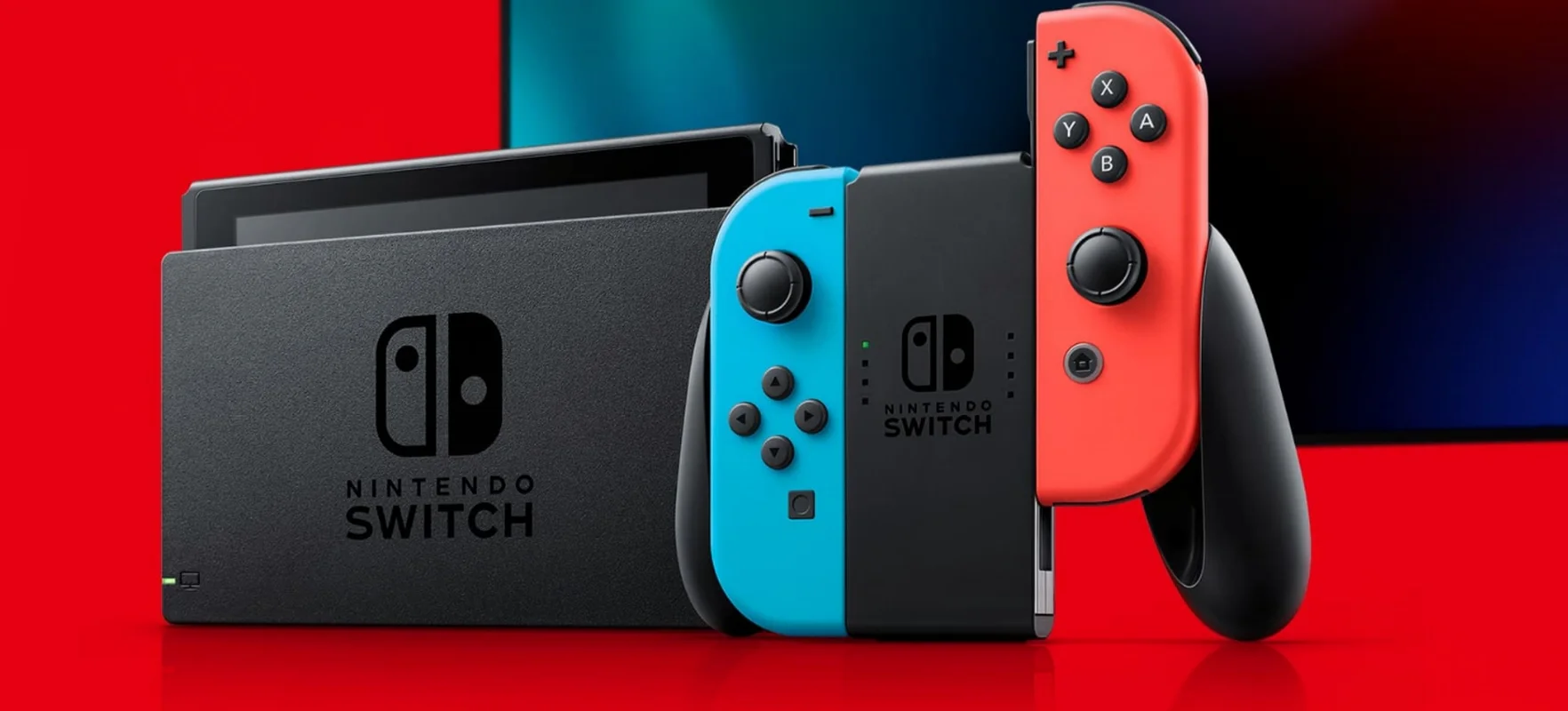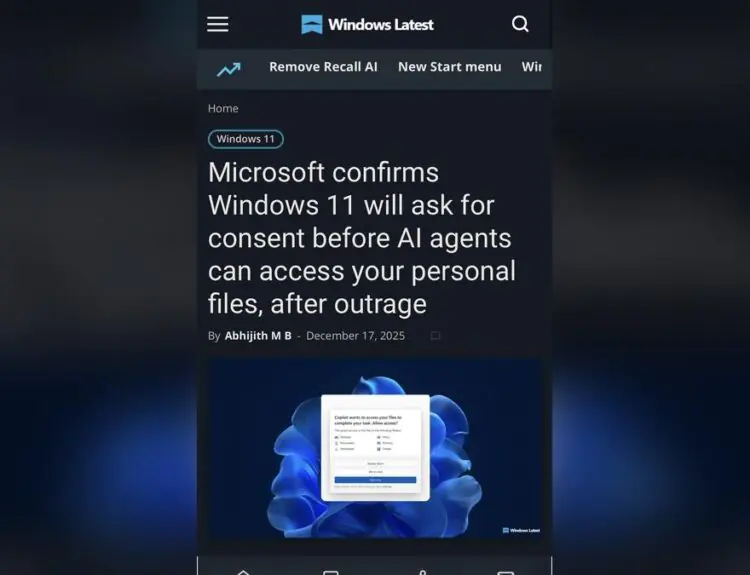Nintendo Entertainment has announced an upcoming closure of the 3DS and Wii U eShop for 42 countries, and that news has sparked a bit of a panic in regards to precisely how well the juggernaut of the game industry is faring. Suffice to say Nintendo isn’t going anywhere, and the closure of the eShop is far less drastic than it may originally appear and is one of many stocks that hasn’t taken a hit despite the current bear market that originates from concerns of COVID-19. In the past year, Nintendo’s lowest trade price was $35.82 per share, with a high of $55.92; the stock currently trades at $54.65 at time of closing on April 28.
In addition to trading well, the consistent litany of titles that Nintendo has released for the new platform Nintendo Switch (and Switch Lite) continues to break records for digital sales while simultaneously drumming up well-deserved hype for classic IPs coming to stomp through the console. All of this culminates in a rather puzzling conundrum; if all of the data points to Nintendo Entertainment is doing better now than it has in the past decade, why are they removing access to the eShop for fans to redownload purchased titles?
The 42 countries mentioned all had a more barebones eShop than many of us are familiar with, only having an access point to either redownload old titles or redeem codes. Actually shopping in the 42 countries wasn’t possible on their version of the eShop. Still, not being able to re-download titles that you’ve purchased (due to memory corruption or storage constraints) is a decidedly horrible look for Nintendo Entertainment, casting further concern for consumers that opt to purchase digitally; almost everyone if current digital download reporting is accurate.
Nintendo eShop per 3DS e Wii U chiuderà definitivamente in 42 nazioni nel mondo https://t.co/s5NydeEmT8
— root@eddy:~# (@darkjuubi) April 28, 2020
In a public statement, Nintendo Entertainment listed the full 42 countries that will no longer have an eShop: Anguilla, Antigua/Barbuda, Argentina, Aruba, Bahamas, Barbados, Belize, Bermuda, Bolivia, British Virgin Islands, Cayman Islands, Chile, Colombia, Costa Rica, Dominica, Dominican Republic, Ecuador, El Salvador, French Guiana, Grenada, Guadeloupe, Guatemala, Guyana, Haiti, Honduras, Jamaica, Martinique, Montserrat, Netherlands Antilles, Nicaragua, Panama, Paraguay, Peru, St. Kitts and Nevis, St. Lucia, St. Vincent/Grenadines, Suriname, Trinidad and Tobago, Turks and Caicos Islands, US Virgin Islands, Uruguay, Venezuela.
Nintendo Entertainment stated the reasoning behind this was based on a reevaluation of their business, and this was decided ‘based on a variety of factors’. Further, they have no plans to reopen full eShops for the affected countries.
It’s yet another splinter in the side of fans of Nintendo that continues to show that they are either unable to co-opt current trends set by other consoles, or unwilling. Coupled with archaic online interactions that don’t readily allow in-game voice chat, partying up, or any other of the more standardized offerings, many are furious that they will simply no longer have the option to download titles which they’ve purchased legally. Meaning that once again, due to the gaming industry, piracy becomes the only means of playing titles after developer interest has waned.
Even if only one user will be affected by the closure (which is unlikely due to the number of countries affected by the announcement) it’s far too many; when a consumer purchases a license to a product, they ought to have support for it.







